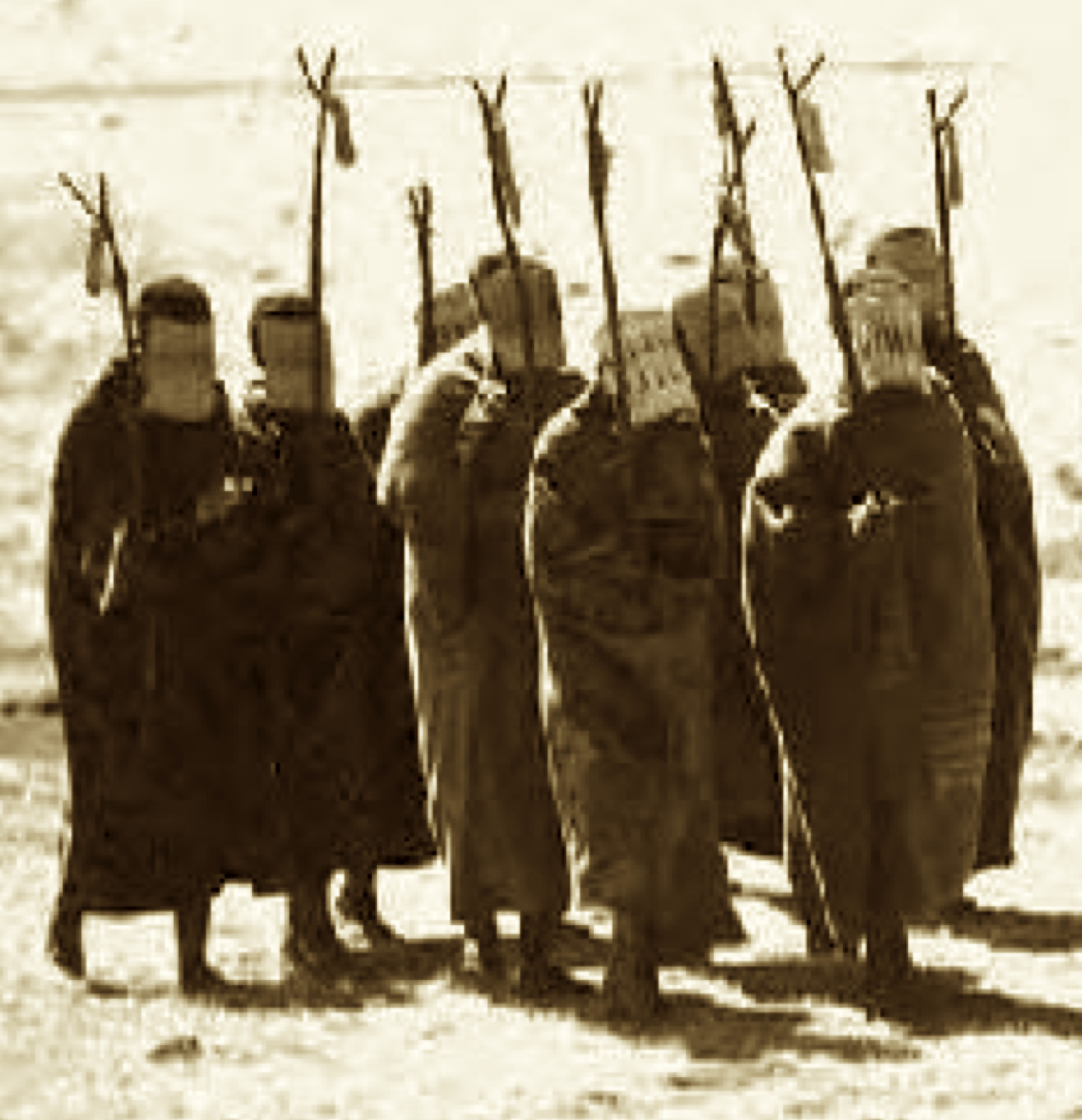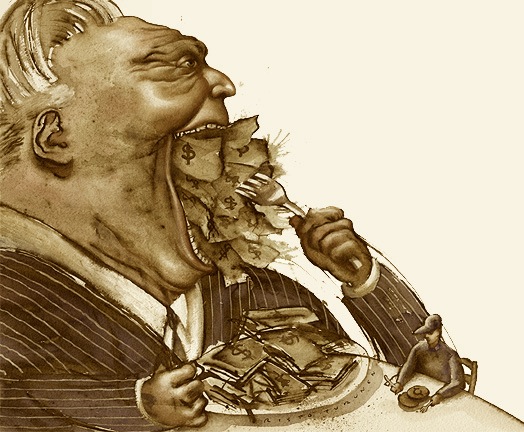
Pascal Boyer
Research Perspectives & Current Projects


Evolution, cognition and culture
Natural selection resulted in the delopment of highly specific capacities and motivations in human minds, specialized in handling different adaptive problems, e.g. face-recognition, building social coalitions, the selection of high-fitness mates, the optimization of foraging, etc. This evolutionary psychology perspective has revolutionized the study of anthropological issues such as religious concepts, morality, parenting, ethnicity, kinship and many other domains.
Representations that we call “cultural” are those that similar occur with roughly content in other minds among people of a particular group, after many episodes of communication between individuals. How communication can have non-entropic effects is the question addressed by cultural transmission models.
To find out more about evolutionary psychology in general, see a Primer. For applications to human cultures, see this book.
Fitness and the Production of Culture
In contrast to language or technology, many “symbolic” cultural phenomena do not seem to confer immediate fitness benefits. Standard approaches to cultural evolution in this domain focus on the recipients or consumers, which does not explain why these phenomena emerge. As a solution, we propose to consider the fitness costs and benefits incurred in producingbehaviors or information that become widespread in a social group. Taking the producers’ perspective helps explain otherwise puzzling features of many kinds of cultural phenomena, such as artistic activities, sports, religious representations, or even moralistic norms.Considering the producers’ as well as the consumers’ benefits is crucial to generating precise hypotheses about the psychological adaptations that underpin cultural evolution.
For a short theoretical presentation of these ideas, see this preprint co-authored with Jean-Baptiste André and Nicolas Baumard.
Misfortune Interpretation and Victim-Blaming and
Cultural explanations of misfortune: Mystical explanations and the role of divination
Explanations of misfortune are the object of much cultural discourse in most human societies. Recurrent themes include the intervention of superhuman agents (gods, ancestors, etc.), witchcraft, karma, and the violation of specific rules or ‘taboos’.
We propose a 'cooperation model': see an introductory article on this question, presenting the general model. Common 'mystical' explanations of misfortune make sense in an evolutionary context, where accidents, assault, and illness were common occurrences, the only palliative being social support to victims. This would create a context in which all members of a group might be (a) required to offer support, (b) willing to offer such support to maintain a reputation as co-operators, and (c) desirous to limit that support because of its cost. In this context, recurrent explanations of misfortune would constitute strategic attempts to create and broadcast a specific description of the situation that concentrates responsibility and potential costs on a few individuals.
See a model of divination in the management of misfortune.
Why do people blame victims?
Why do people blame, devalue or derogate the victims of misfortune? The literature suggests general factors like a belief in a just world or a desire to distance oneself from misfortune, but the empirical results are often unclear. We propose to extend the evolutionary cooperation model of misfortune to victim-blaming.
In a series of experimental studies, we are extending this cooperation model to the common phenomenon of victim-blaming. Here are three sets of studies investigating these hypotheses:
- Devaluation of victims correlates with a reluctance to actually help them: article.
- Describing victims as non-cooperators makes people see them as more negligent, and responsible for what happened to them: article.
- Describing victims as people who may be a burden on others makes people see them as more negligent: see unpublished draft.

This project is a collaboration with Claire White and Harvey Whitehouse. It is funded by a major grant form the Templeton Religion Trust.
"Wild" religious traditions arise or spread without elaborate institutional support. They
a) existed before the emergence of organized religions: in most prehistoric socie-ties;
b) are also found in our time in all small-scale, so-called “traditional” societies;
c) persist alongside organized religions in most large-scale societies.
Wild religious traditions take the form of e.g., shamanism and similar practices, cults of local deities, divination, propitiation of ancestors. Wild religious traditions generally center on the pragmatic goals of avoiding or palliating misfortune.
Our main question is: What makes these wild traditions so successful and persistent? Even after the emergence of “world religions”, the wild traditions persisted and still persist. Why is that the case? What gives these religions an “edge” in the competition for people’s interest?

The domain of “folk-economics” consists in explicit beliefs about the economy held by laypeople, untrained in economics, including for instance anti-market attitudes or spontaneous protectionism. These beliefs often diverge from standard economic theory, and are usually described in terms of irrationality, biases and lack of information. As a result, there is so far so systematic study of the cognitive processes that make these beliefs compelling, despite their crucial role in policy choices. From an evolutionary cognitive perspective, we propose that information about economic phenomena is processed by a suite of specialized, largely automatic inference systems that emerged as adaptations to human sociality. A side-effect of these systems is to make some folk-economic beliefs more salient, easily acquired, and therefore culturally successful than others, with important consequences for political choices.
See a model of folk-economic beliefs developed in collaboration with Michael Bang Petersen.